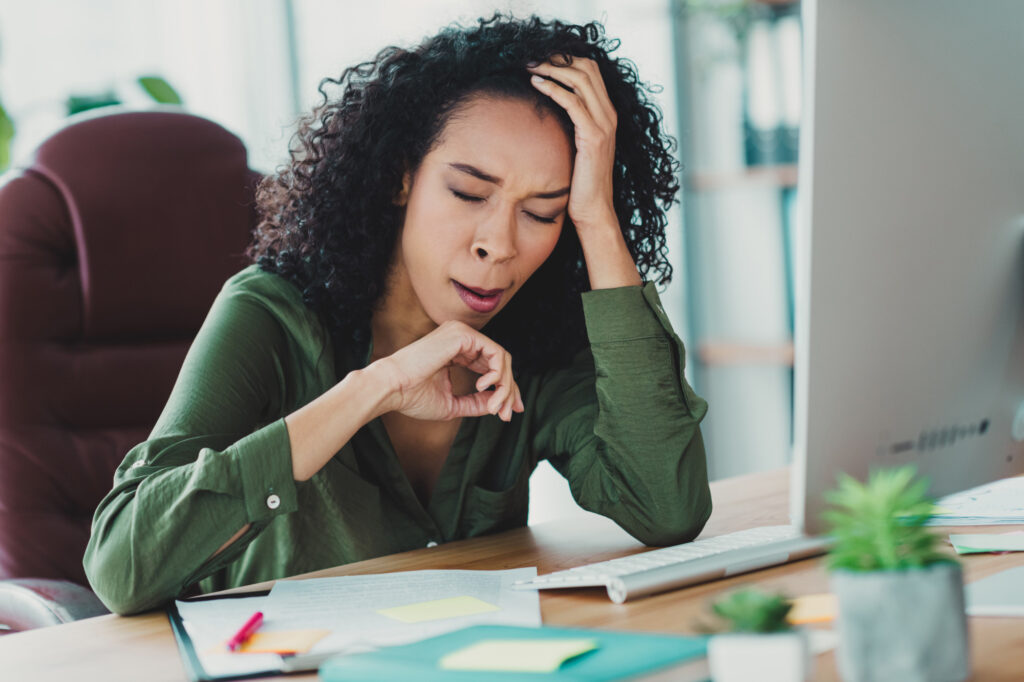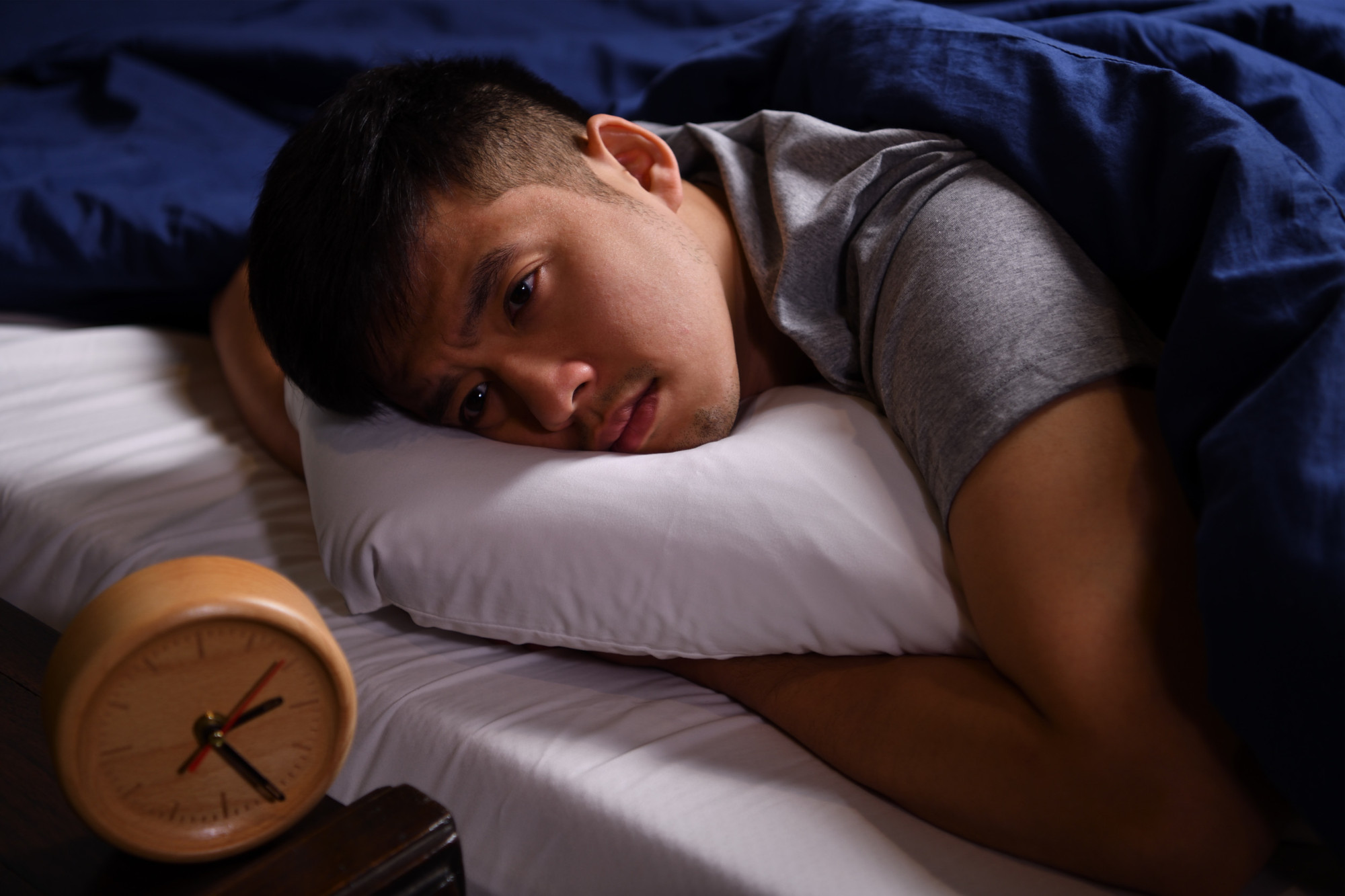You set aside eight hours for sleep, avoid caffeine late in the day, and even go to bed on time—so why are you still waking up tired and feeling fatigued throughout the day? As we turn the clocks back for daylight savings, in hopes to enjoying that one extra hour of sleep, many people notice their sleep patterns shift. But if you find yourself dragging through the day, it might be more than just a time change—your sleep quality could be the real culprit.
At Everything CPAP, we see this all the time. People assume they’re getting “enough” sleep because they’re in bed for eight hours, but the truth is, quantity doesn’t always mean quality. If your brain and body aren’t getting the deep, restorative rest they need, no amount of time in bed will leave you feeling refreshed and ready for the day.
The Hidden Role of Sleep Apnea
One of the most common (and overlooked) causes of poor-quality sleep is obstructive sleep apnea (OSA). A condition where your airway repeatedly collapses during the night interrupting your breathing. Each time that happens, your body wakes up briefly to reopen the airway, even if you don’t remember it. These constant disruptions prevent you from reaching the deep sleep your body needs to heal, recharge, and regulate your mood and hormones. Some common signs of sleep apnea include:
- Waking up with a dry mouth or sore throat
- Morning headaches
- Daytime fatigue, no matter how much sleep you get
- Mood changes, such as irritability or brain fog
- Loud snoring or gasping during sleep
If any of these sound familiar, it’s worth talking with your healthcare provider about a home sleep test which is a simple way to find out if sleep apnea might be behind your constant exhaustion and fatigue.

How Daylight Savings Time Plays a Trick on Your Sleep
When daylight savings ends, it can throw off your body’s internal clock—your circadian rhythm. Suddenly it’s dark an hour earlier, and your brain starts producing melatonin (the sleep hormone) sooner than usual. For some people, this can lead to feeling sleepy too early or wide awake in the middle of the night.
Pair that with untreated sleep apnea, and your sleep quality can take a real hit. Think of it like your body getting tricked twice: once by the clock, and again by the interruptions from apnea.
Here are a few quick tips to get through the fall time change:
- Try to keep a consistent bedtime and wake-up time—even on weekends.
- Get morning sunlight exposure to help your body reset its internal clock.
- Limit screens and bright lights in the evening.
- If you use CPAP, stick with your therapy routine every night to maintain consistent sleep quality.
How CPAP Therapy Helps Restore Real Rest
For people diagnosed with sleep apnea, CPAP therapy (Continuous Positive Airway Pressure) is the gold standard treatment. It keeps your airway open all night, allowing your body to reach the deep, restorative sleep stages it’s been missing.
Many of our patients report feeling a difference within just a few nights—more energy, better focus, and even improved mood. For others, it may take a few weeks or months for the body to fully adjust, but the long-term benefits are life-changing.
Research also shows that treating sleep apnea with CPAP can improve blood pressure, lower the risk of heart disease, and even help regulate mood and mental health over time.
The Bottom Line
If you’re getting eight hours of sleep but still waking up tired, don’t brush it off as “just getting older” or “a bad night’s rest.” There may be an underlying issue, like sleep apnea hat’s silently draining your energy.
As we adjust to the shorter days and longer nights of November, make this the season you take back control of your sleep. Better rest means better health, a clearer mind, and a brighter outlook.
At Everything CPAP, we’re here to help you breathe easier, sleep better, and live fully rested.
If you suspect you might have sleep apnea, contact your medical professional or reach out to Everything CPAP for help finding a medical provider in your area.








